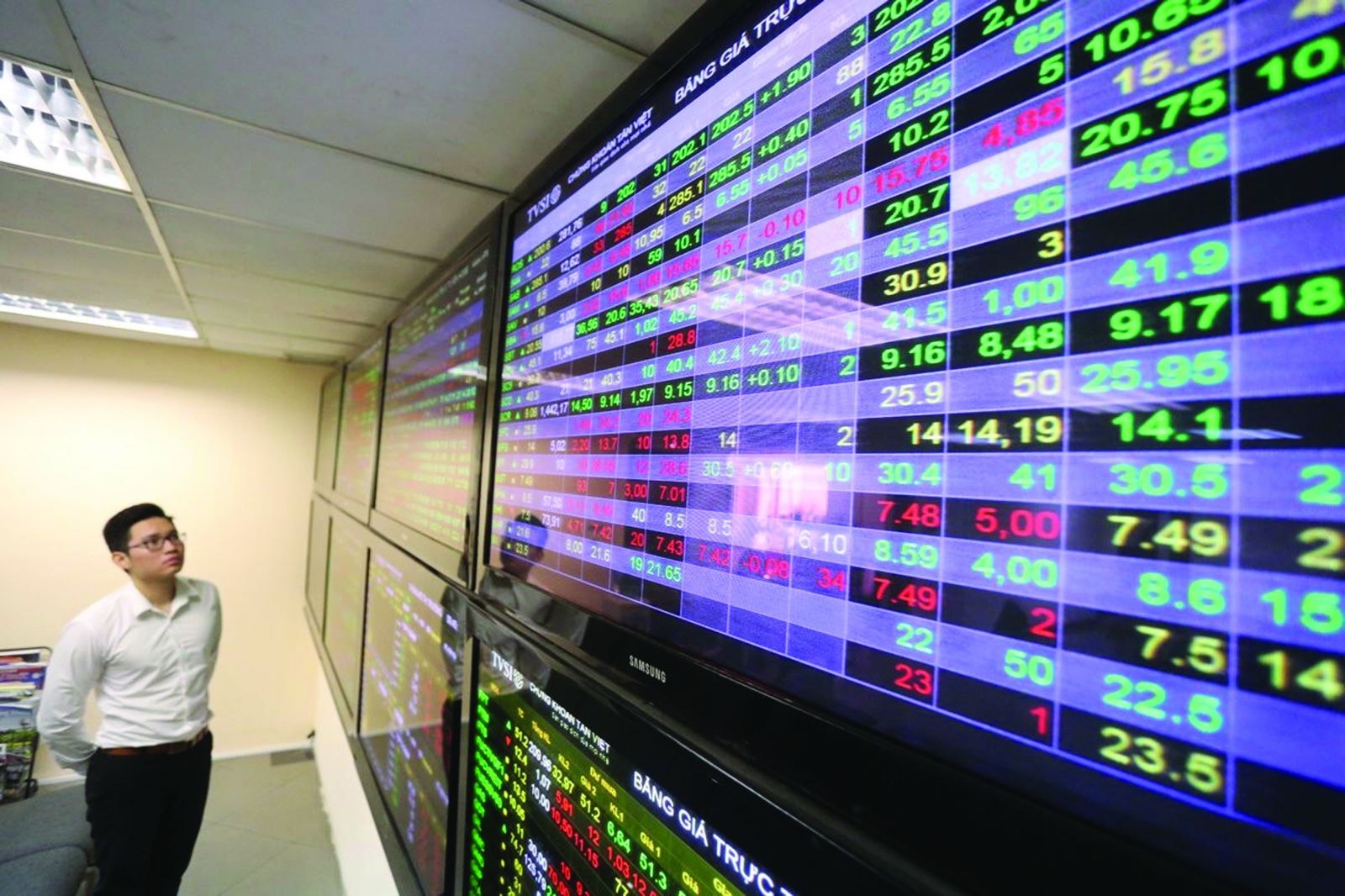Why global funds keep selling Vietnam stocks ahead of market upgrade
Vietnam’s stock market closed higher on Monday, September 29, 2025, though optimism over a potential market upgrade has yet to ignite strong inflows.

The VN-Index rose 5.78 points to finish at 1,666.48, supported by gains in Vingroup’s VIC (5.37%) and Vinhomes’ VHM (2.93%), alongside several banking stocks including HDB (2.5%), TCB (0.13%), VPB (2.3%) and CTG (0.59%).
Yet the rally was offset by sharp losses across real estate counters such as DXG (-4%), DIG (-2.98%), SCR (-2.5%), CEO (-2.24%) and PDR (-2.65%). Banks also diverged, with VCB (-0.63%) and MBB (-0.38%) in the red. Technology stocks remained under pressure, as FPT fell 2.05% to a four-month low around VND 96,000 per share. Other blue-chips like MWG (-1.16%) and VNM (-1.31%) also dragged on the index.
Liquidity remained subdued, with order-matching turnover 10.1% lower than the previous session and down 26% compared to the 20-day average. Trading volume on HoSE reached 934 million shares (-3.26%) with a total value of VND 27.1 trillion (0.4%). Foreign investors extended their selling streak, net offloading more than VND 807 billion across the market.
This persistent foreign outflow has puzzled investors, especially as Vietnam’s upgrade prospects with FTSE Russell are widely seen as a milestone that would attract fresh global capital. Why, then, are foreigners still selling?
Nguyen The Minh, Head of Retail Research at Yuanta Securities Vietnam, offered an explanation. He pointed out that global equity funds recorded net inflows for the first time in three weeks ending September 24, with investors pouring $28.36 billion into equity funds amid renewed optimism for U.S. rate cuts and enthusiasm around artificial intelligence. This reversed $35 billion of outflows from the previous week.
According to Minh, the U.S. market is entering the final phase of its correction and may soon begin a new year-end rally. “Not only domestic investors but also foreigners are heavily favoring U.S. equities. Foreign allocations into U.S. stocks have hit record highs, driven by the tech sector. With U.S. yields at elevated levels and the DXY softening, the cost of investing in U.S. markets is attractive, offering compelling returns,” he said.
This shift has drawn capital away from emerging markets, including Vietnam. Foreign investors have sold a record VND 102 trillion ($4.2 billion) in 2025 year-to-date, surpassing the VND 93 trillion net outflow of 2024. The trend, Minh stressed, is primarily driven by two factors: the interest rate differential between the USD and VND, and the irresistible draw of U.S. technology stocks.
The sell-off intensified during August and September, with heavy net selling in large caps such as VIC, HPG, FPT, SSI, VHM and VPB. “We believe this was partly due to third-quarter portfolio rebalancing,” Minh noted.
As for whether a market upgrade could reverse the tide, Minh remained cautious. “We are optimistic about Vietnam’s chances with FTSE Russell, but foreign investors will likely continue selling even if the upgrade materializes. Yield differentials and exchange-rate pressures remain the decisive factors behind outflows. That said, we expect selling pressure to ease or stabilize in the fourth quarter as the Fed cuts rates, narrowing the USD-VND gap. Supply from foreign investors has also thinned significantly,” he explained.
Currently, foreigners remain most heavily invested in banks, food and beverages, real estate, financial services, retail, and technology—with banks accounting for the largest share.
Minh concluded that while an upgrade would unlock new opportunities and allow fresh funds to enter Vietnam’s market in 2026, the immediate impact is unlikely to be significant. “The bulk of capital will not come instantly from FTSE’s Secondary Emerging Markets reclassification, but it does mark an important step in broadening access for foreign investors.”








